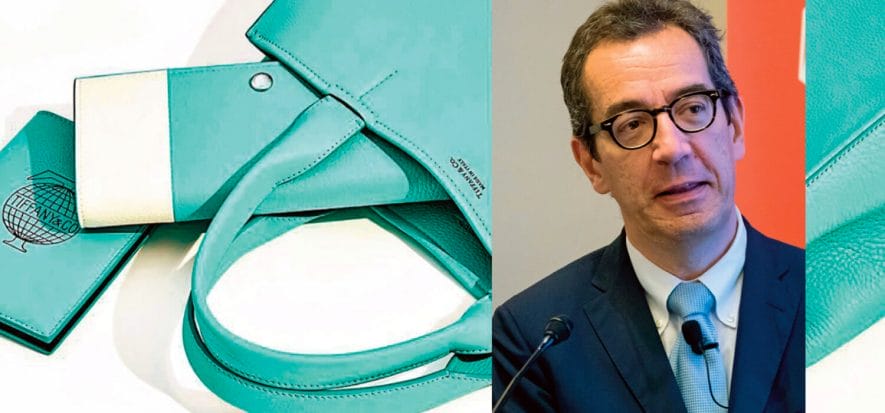The negotiation to acquire Tiffany, by LVMH, was longer and more complex than expected. But it did close positively and opened the doors to a new theme and, likely, a new “season”: the luxury segment is setting its eyes on Jewelry. Large conglomerate of the luxury segment plan on integrating jewelry brands in their portfolio, thus widening their value chain with companies of the gold and precious metal chain. The new strategy for leather products isn’t neutral, because it underlines the maturity of some segments and more opportunity in others. We discuss the matter with Luca Solca, senior research analyst of Bernstein’s Global Luxury Goods.
The luxury segment sets its eyes on Jewelry
We come from a period during which accessories were the focus of any strategy for companies in the fashion segment. We noticed it clearly in sales’ results and structural investments made. What does this new focus on jewelry mean? Does it mean that leather goods and luxury shoes have already peaked? “I don’t think the market is saturated for other categories – reassures Mr. Solca -. Jewelry is interesting because it has much room for improvement, great margins and it can be sold, just as leather goods, in stores that are 100% owned by the brand”.
Some more significant implications may also exist within the context of investments for vertical integration. When they move, the luxury conglomerates do so with method: they invest on the entire value chain. “Bvulgari, for example, did it by investing aggressively in Italy”, said Mr. Solca. Bernstein’s analyst doesn’t believe this process to be aimed at reducing the value chain for accessories. “It’s true that the top luxury businesses have already integrated the sourcing portion for leather goods – he continues – and bought the best suppliers. As a result, they have less investments to make in this regard”.
Richemont’s position
In the background we find Richemont. The Swiss group is going through a difficult period, and some say that Kering is already eyeing it. The French would acquire it easily, thanks to the former’s position in the jewelry segment, so that they may get closer to the archrival: LVMH. According to others, the Swiss may choose to simplify the portfolio to focus on the stronger activities.
How does Solca see it? “I think that, in the near future, controlling owners have repeated firmly that Richemont plans on remaining indipendent – he concludes -. A rationalization of its activities in the fashion environment, such as the sale of Lancel, may be more plausible. And surely well liked by the market.
Read also:










